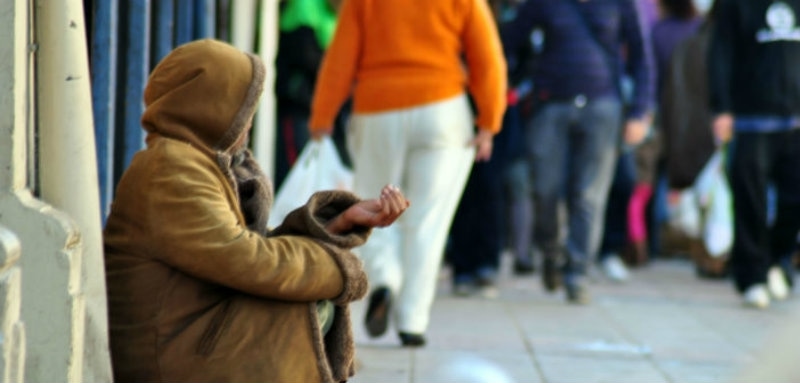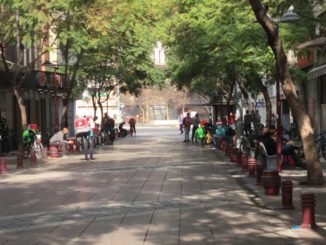
SANTIAGO – A new survey shows lack of education, lack of opportunities and laziness is to be blamed for poverty in Chile – according to Chileans.
According to the survey, released by Adimark and the public charity Hogar de Cristo, 58 percent of Chileans agree that both a lack of education and lack of opportunities can lead to poverty.
“This result is positive, because it means that there is a conception that opportunities and education are rights,” said Paul Egenau, the national social director of Hogar de Cristo.
Some experts are concerned, however, that the third-most-popular driver of poverty answered in the survey was laziness (18 percent), according to the Humano Sphere.
Among the other reasons for poverty, according to the Chileans, are addictions (8 percent), lack of state support (8 percent), abandonment (6 percent), the place where one is born (5 percent) and diseases (4 percent).
According to official statistics, Chile’s poverty rate stands at 14.4 percent – lower than most figures in the hemisphere, including the United States. Chile boasts the highest per-capita income on the continent and is the only South American member of the Organization for Economic Cooperation and Development (OECD).
But the country of 18 million has one of the developed world’s highest rates of income inequality, according to an OECD report last year.
Some government critics say this inequality is perpetuated by Chile’s privatized pension system, which they say benefits the rich and leaves the poor to live on a monthly pension that is below the minimum wage. Debate over the decades-old system drove more than 10 percent of the country’s population to the streets in protest earlier this year.
Economists have also linked inequality to Chile’s highly stratified education system.
Citing government figures, Egenau said yesterday that 75,000 of Chile’s children are not in the school system, and most of those children are among the country’s poorest.
Inequality is particularly evident in the country’s higher education system, which remains one of the most expensive worldwide. As a result, enrollment in universities is deeply unequal; 62 percent of Chileans from the upper 20th percentile in income attend university, while only 21 percent attend from the lower 20th percentile.
University students have been protesting to demand free higher education for over a decade. In 2015, Michele Bachelet’s government announced a scholarship program to cover tuition costs for nearly 200,000 low-income Chileans, but many student associations are continuing to push for wider structural reforms.



